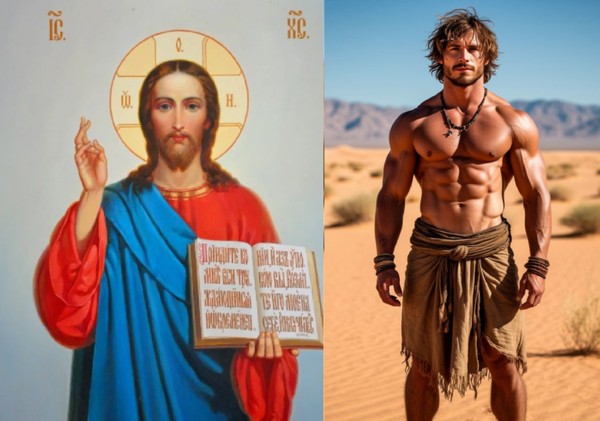The Mangaia Rite of Passage: Why a Young Man Must Learn from an Older Woman Before Marriage
On Mangaia, a sunlit island in the Pacific, a long-standing rite of passage still whispers through the palm trees. The small island is home to about 500 people, a tight-knit Polynesian community living by ancestral laws. Among its most discussed customs is a controversial initiation that begins long before a young man becomes an adult: a period of intimate initiation with an older woman. According to ethnographers, the process unfolds in two stages: first, two weeks of guided instruction about what it means to live in an adult relationship; then a months-long arrangement in a remote dwelling with an experienced mentor. The aim is to prepare the young man for marriage and adult life. If the initiate struggles to complete the steps, the mentor may require a retake the following year, and in stubborn cases the young man can remain in the program for several additional years.
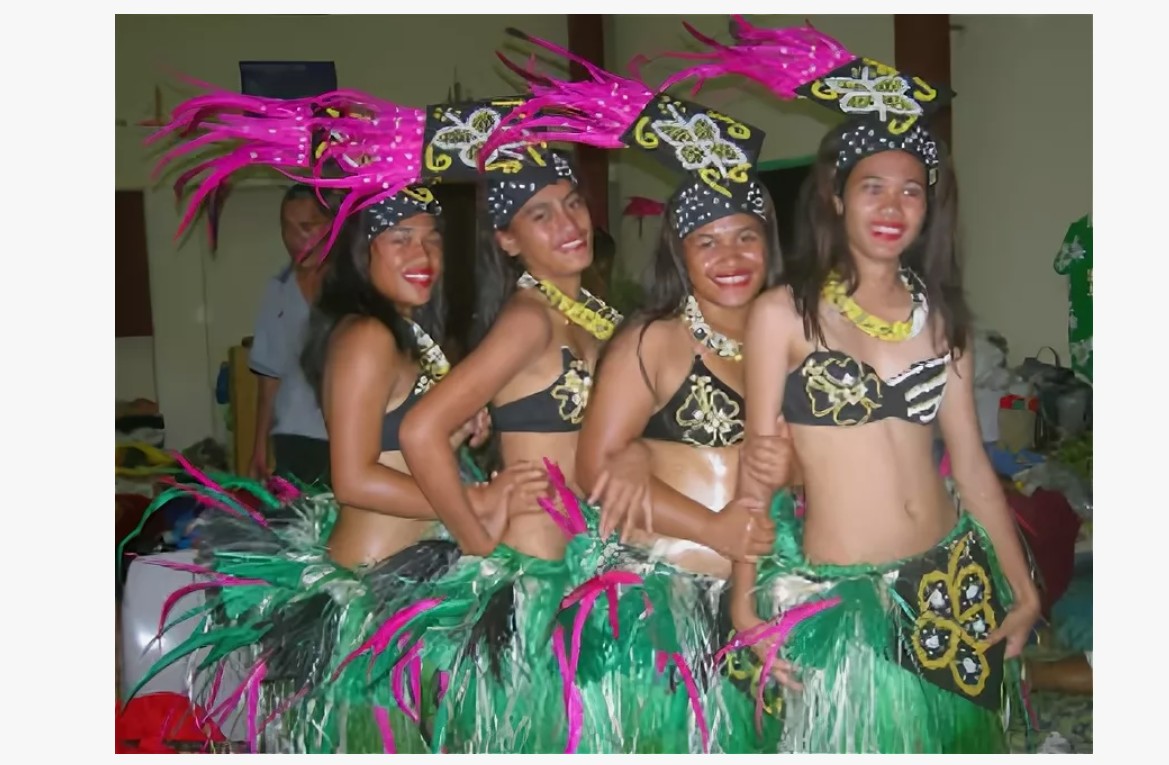
In This Article:
A Tiny Island, a Colossal Tradition
Mangaia may be small, but its traditions loom large. With roughly five hundred residents, the island's social world is anchored in the laws and practices handed down by ancestors. The initiation described by researchers sits at the heart of the community's understanding of manhood: it is meant to test readiness for marriage, responsibility, and social standing. While some outsiders view it as coercive or outdated, many locals see it as a living link to their past.
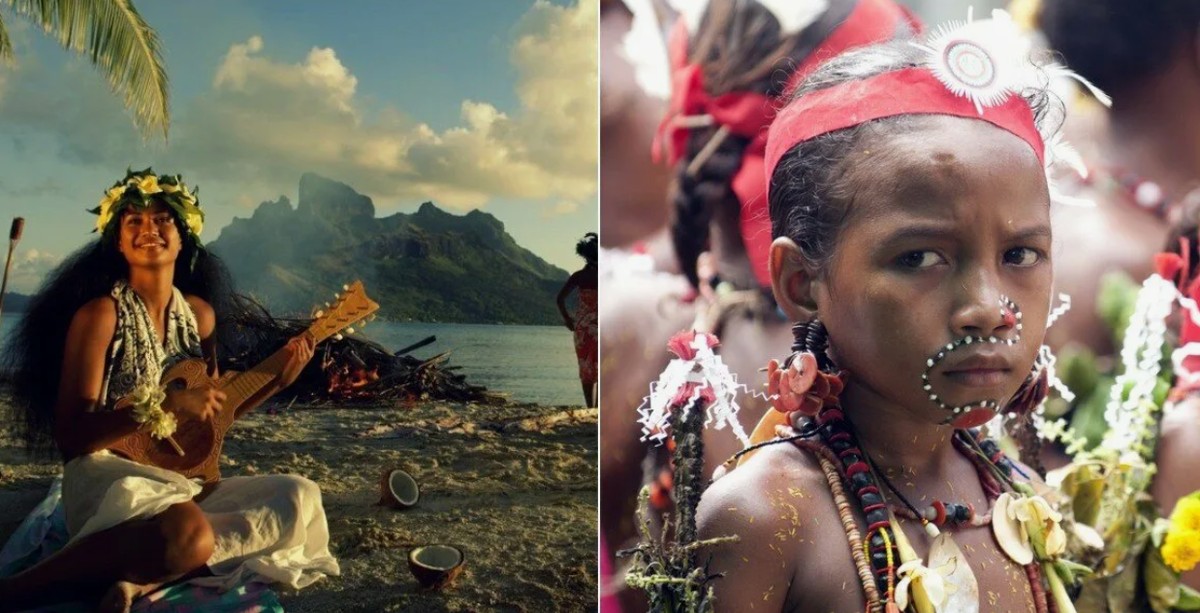
From Theory to Practice: The Initiation
According to ethnographer Donald Marshall, the sequence begins with instruction from an elder. After the educational phase, the novice moves into a remote hut to live with an older woman who mentors him for about two months. During this phase the focus is on learning the social and relational duties of adulthood, not on explicit details. The mentor is expected to be both supportive and demanding, guiding the novice toward full membership in the tribe and the right to marry.
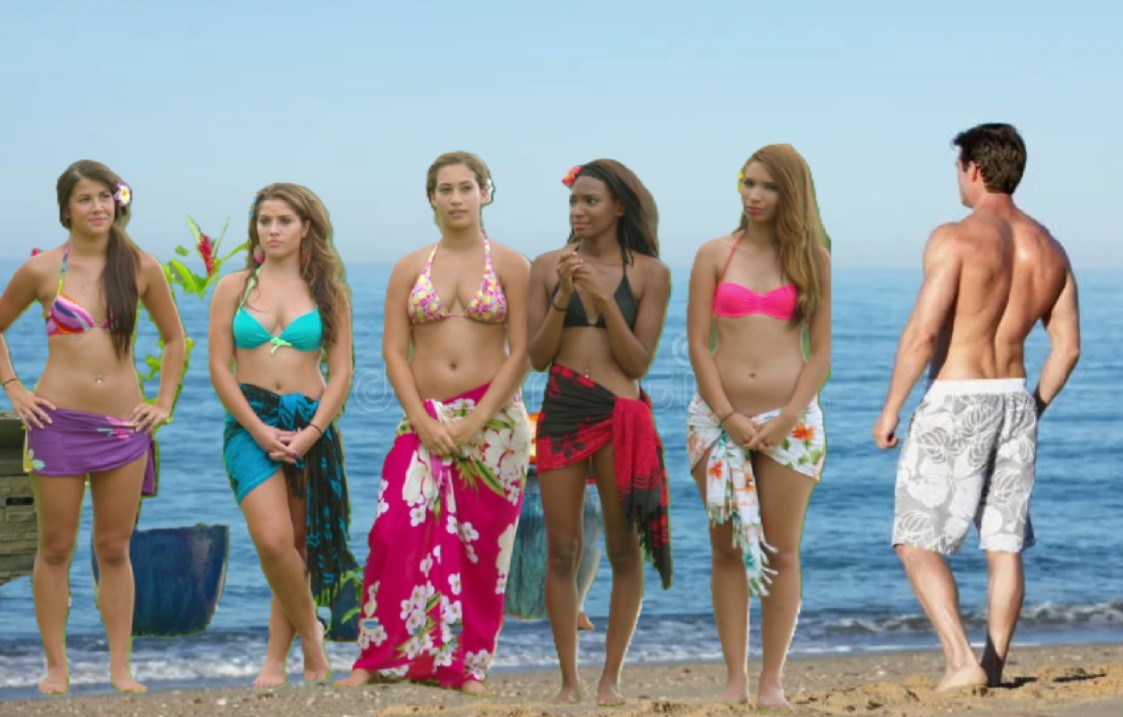
The Risks, Power Dynamics, and Ethics
Not every youth completes the course successfully. If the novice struggles to meet the expectations, the mentor may require a retake the following year. In some cases the participant remains in the program for longer, delaying adulthood by years. The arrangement raises difficult questions about consent, coercion, and the pressures placed on both participants and mentors. Critics outside the community have urged greater scrutiny, while supporters argue the practice preserves an important cultural memory.
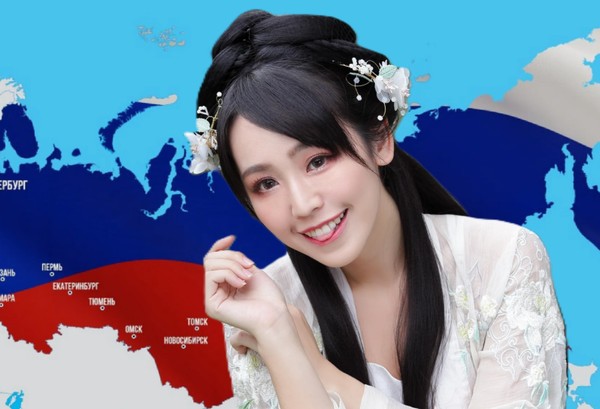
Today: Tradition or Relic?
Today the custom survives as a living memory of the island's ancestors. Many locals acknowledge its continued presence, and some see it as a meaningful rite that shapes identity and responsibility. Others worry about its implications in the modern world and call for reform or alternative rites of passage that respect individual autonomy. The future of the practice remains debated, but Mangaia's tradition endures as a core part of the island's cultural fabric.
